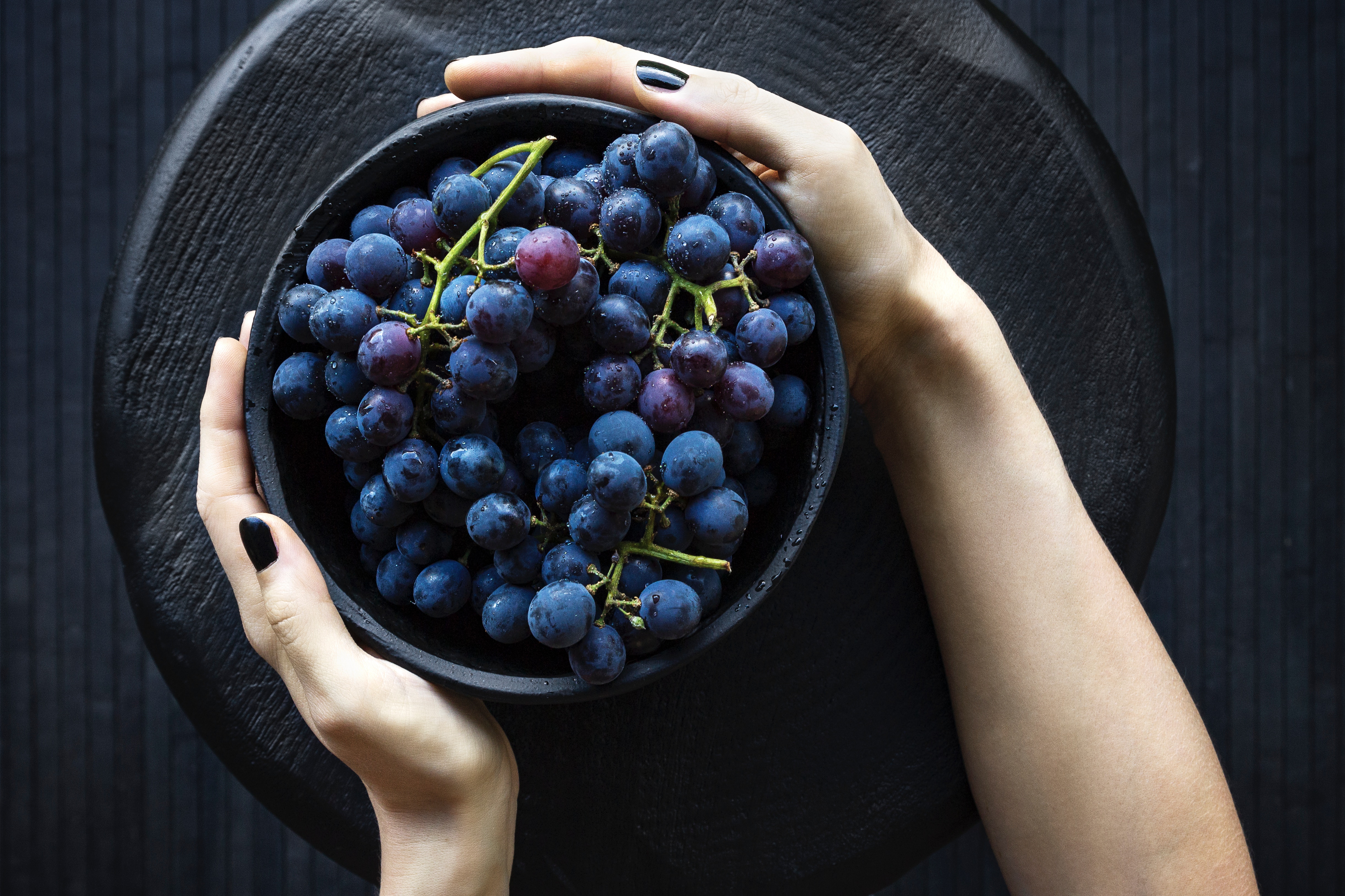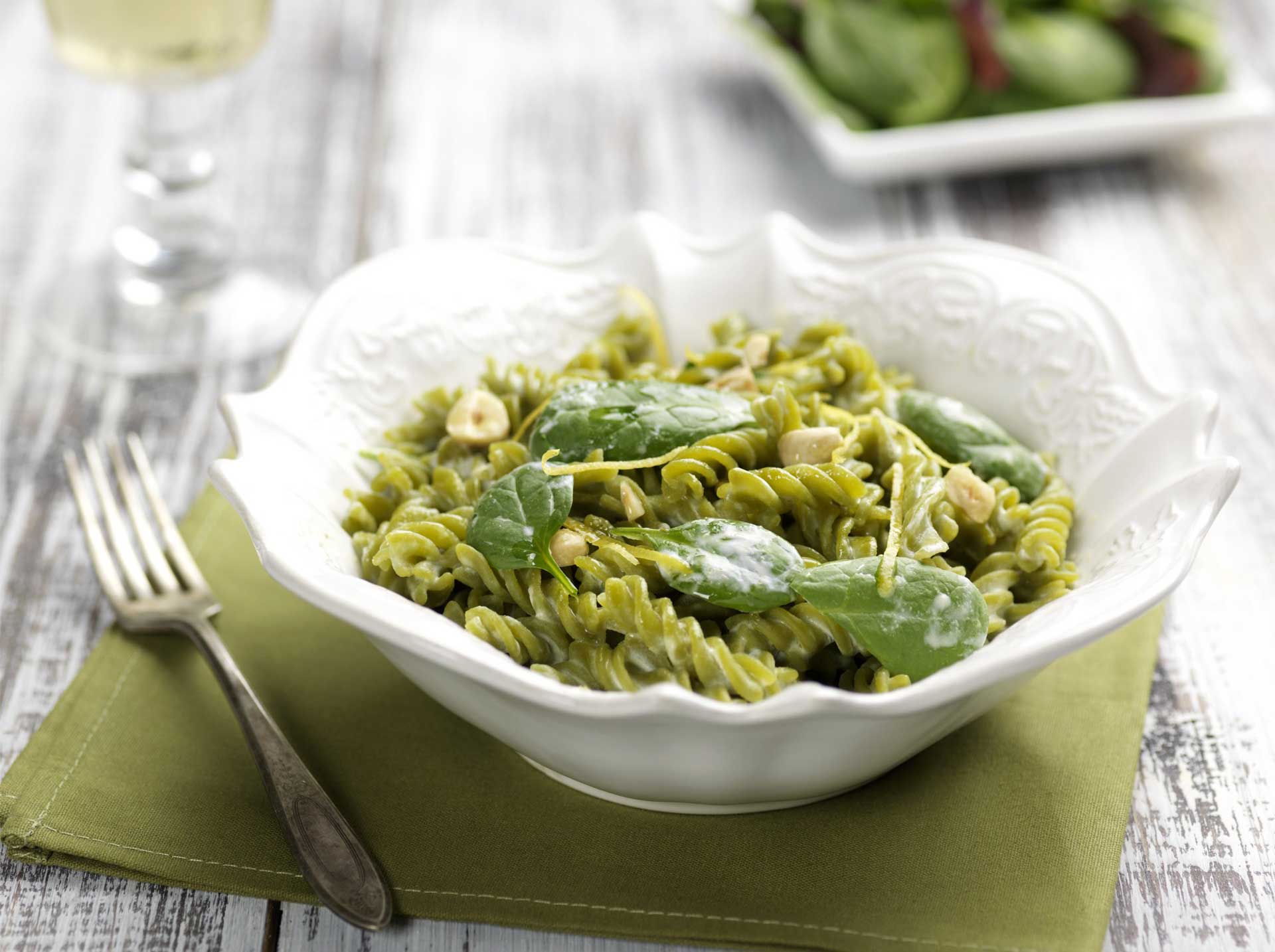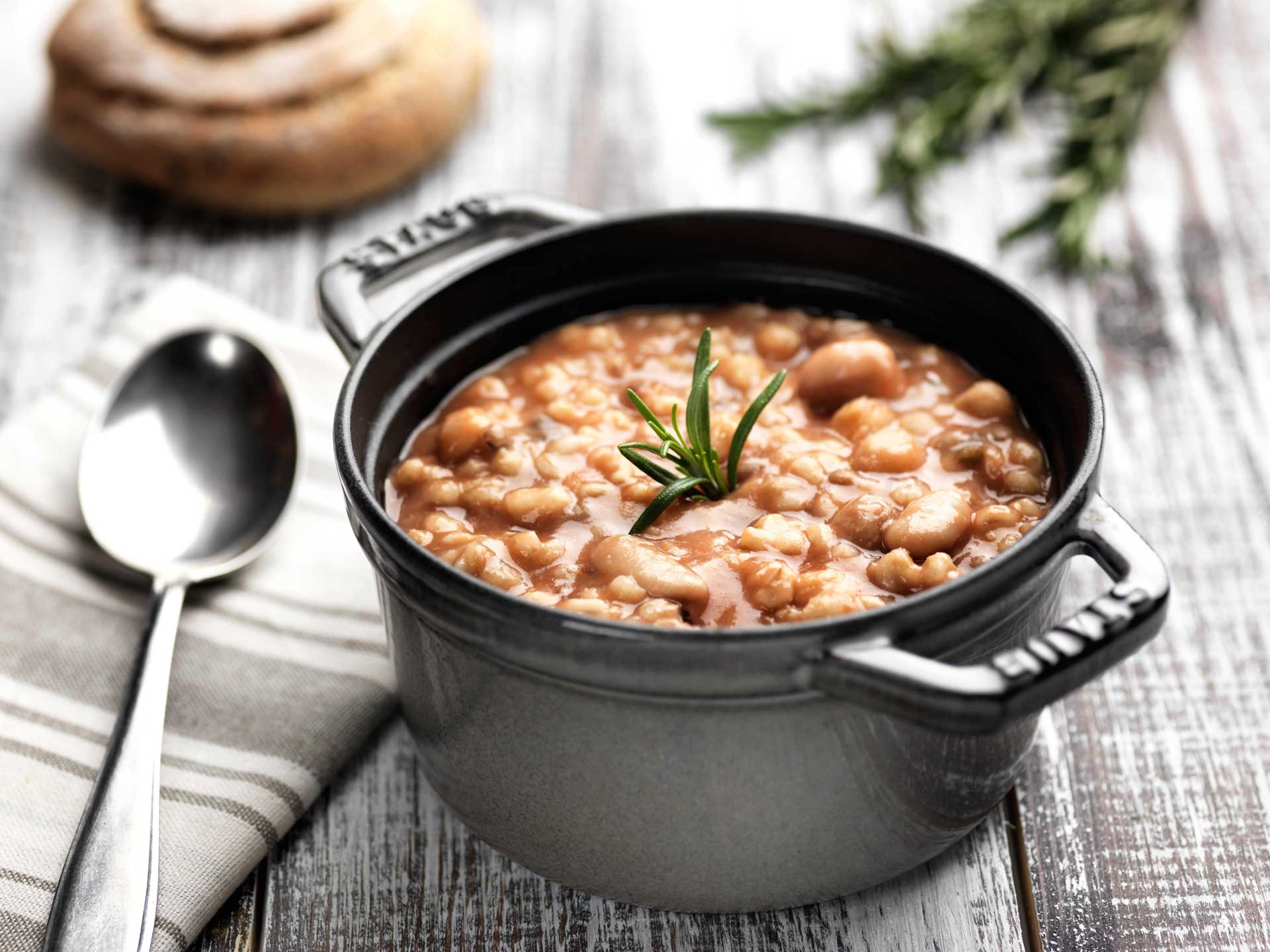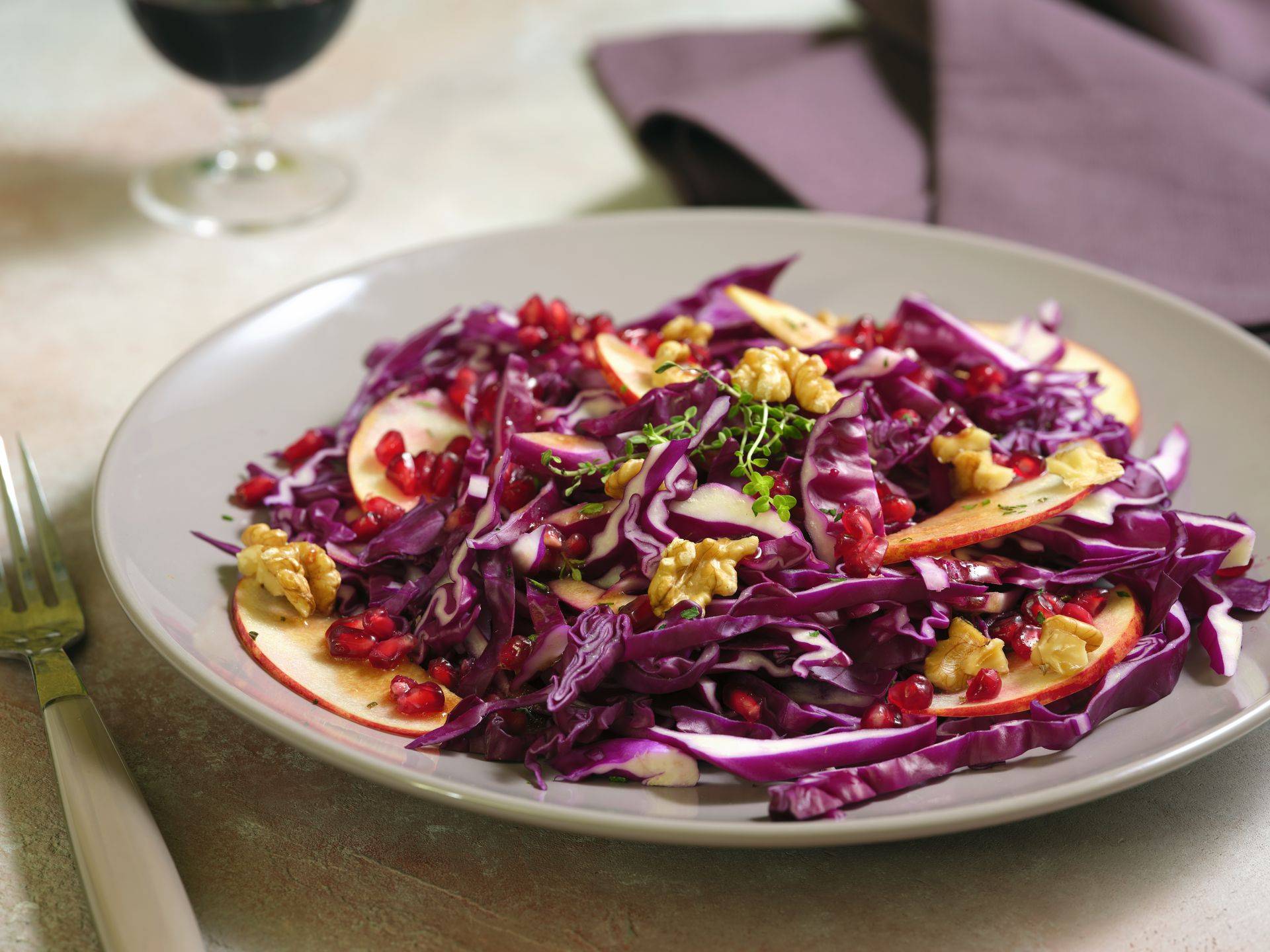
Antioxidants and Free Radicals: Let's Clarify!
It's summer, it's time for antioxidants!
Antioxidant, antioxidants... terms used all too often in the nutrition world in recent years, let's try to clarify a bit.
First of all, when we talk about antioxidant properties, we refer to the ability of certain substances to delay or significantly inhibit oxidation.
Oxidative stress (or oxidation) is a particular type of chemical stress induced by the presence, in a living organism, of an excess of reactive chemical species (free radicals), resulting from increased production of these and/or reduced efficiency of physiological antioxidant defense systems.
The use of antioxidants is based on the ability of certain substances to reduce the damage induced by oxidative stress.
A free radical is a chemical species characterized by considerable instability and reactivity, and it is the result of cell oxidative processes.
The origin of free radicals can be exogenous - cigarette smoke, environmental pollution, UV and ionizing radiation, excessive iron or copper content, drugs, pesticides, anesthetics, ultraviolet light - or endogenous - cellular metabolism, but also physical exercise, inflammatory processes, neoplastic transformation.
The negative action of free radicals affects the health of the entire organism:
accelerating cellular aging processes
depressing the immune system
promoting the onset of numerous diseases
altering the structure of cell membranes and DNA, paving the way for a series of reactions that are the origin of various forms of tumors.
To counteract the action of free radicals, cells and the body have a series of enzymatic or non-enzymatic mechanisms, which constitute endogenous antioxidant defenses.
Moreover, we have the opportunity to introduce substances with the ability to prevent or delay oxidation initiated by an oxidizing agent through diet (exogenous antioxidants).
Therefore, nutrition plays a fundamental role in maintaining the effectiveness of antioxidant enzyme defenses.
To fight upstream the production of free radicals, it is good to:
Limit the overall calorie intake
Limit fat consumption
Reduce salt and cold cuts
Choose an adequate cooking method
Limit the consumption of grilled meats
While many foods have a protective action against free radicals, incorrect dietary habits can increase their activity:
diet rich in animal fats
excessive consumption of vegetable oils and fatty fish
excess iron
The most dangerous foods are those rich in lipids, especially polyunsaturated fatty acids (fish, vegetable oils, nuts). However, nature has managed to associate high amounts of vitamin E with these nutrients in order to neutralize, at least in part, the formation of free radicals. In fact, even dietary supplements based on polyunsaturated fatty acids are artificially supplemented with a certain amount of vitamin E.






